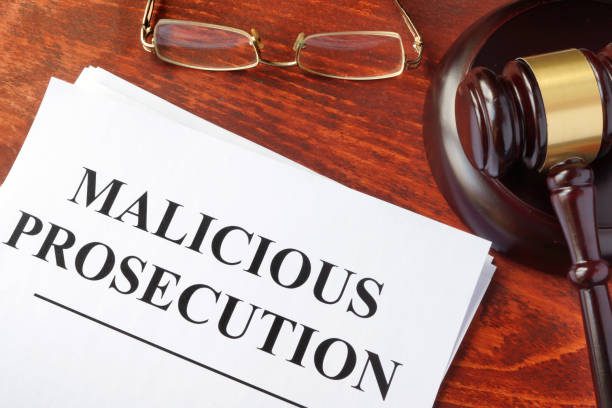Defining and Understanding Malicious Prosecution

In the realm of legal disputes, the term “malicious prosecution” often surfaces, bringing with it a cloud of misunderstanding and complexity. At Pinkston Law Group, P.C., we believe in demystifying legal jargon and empowering our clients with knowledge. This article aims to elucidate the concept of malicious prosecution, outline its legal implications, and guide individuals on how to navigate such situations.
What is Malicious Prosecution?
Malicious prosecution is a legal claim made by an individual (the plaintiff) against another party (the defendant), alleging that the defendant previously initiated or continued a legal proceeding against the plaintiff without reasonable grounds and with malintent, ultimately causing harm to the plaintiff. This cause of action is not limited to criminal proceedings; it can also apply to civil lawsuits.
Key Elements of Malicious Prosecution
To establish a claim for malicious prosecution, the plaintiff must prove several essential elements:
- Initiation or Continuation of a Legal Proceeding: The defendant must have played an active role in starting or maintaining the legal action against the plaintiff.
- Absence of Probable Cause: The defendant lacked a reasonable ground to pursue the legal action.
- Malice: The defendant’s primary motive in pursuing the legal action was not simply to win the case but to cause harm or distress to the plaintiff.
- Termination in the Plaintiff’s Favor: The prior proceeding must have ended in a manner that implies the innocence or non-liability of the plaintiff.
- Damages: The plaintiff suffered harm or loss as a result of the defendant’s actions.
Understanding the Impact
Malicious prosecution claims are significant because they touch upon the delicate balance between an individual’s right to seek legal redress and the potential abuse of the legal system to harass or intimidate others. Victims of malicious prosecution can experience financial strain due to legal costs, damage to reputation, emotional distress, and even unwarranted incarceration in criminal cases.
Legal Remedies and Defenses
Victims of malicious prosecution may seek compensatory damages for their losses, including legal expenses, loss of income, and non-economic damages such as emotional distress. In some cases, punitive damages may also be awarded to punish the defendant for their malice.
Defendants in these cases may argue that they had probable cause, acted without malice, or that the case did not terminate in a manner indicative of the plaintiff’s innocence. Each case requires a thorough examination of facts and motivations.
How Pinkston Law Group, P.C. Can Help
At Pinkston Law Group, P.C., we understand the complexities and nuances of malicious prosecution claims. Our team is dedicated to providing comprehensive legal representation to individuals who believe they have been wrongfully subjected to baseless legal actions. With our expertise, we guide our clients through the intricacies of the legal system, working tirelessly to protect their rights and secure the justice they deserve.
Call to Action
If you or someone you know is facing the challenges of a malicious prosecution claim or suspects that they have been the victim of such an action, we encourage you to reach out to us. At Pinkston Law Group, P.C., we are committed to offering personalized, compassionate, and effective legal advocacy. Contact us today to schedule a consultation and explore how we can assist you in navigating your legal journey towards justice and peace of mind.





